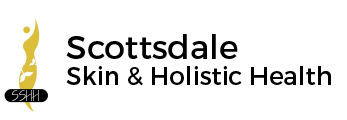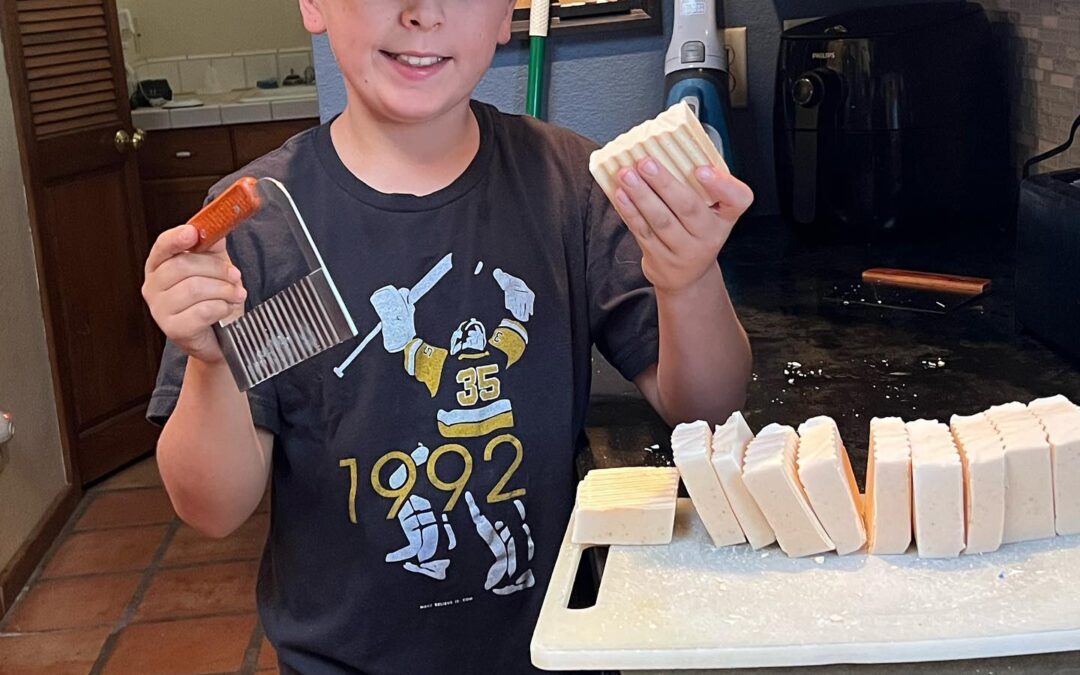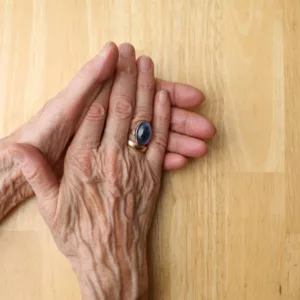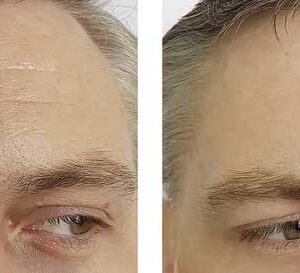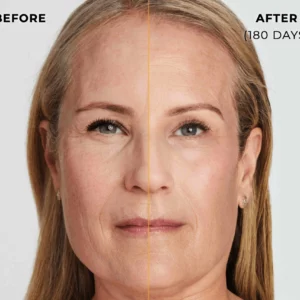Goat milk soap comes from our family raised goats! Goat milk has been used for thousands of years to soothe sensitive skin especially those who are doing an ‘elimination diet’ from all of their other skin care products and want to start a simpler routine that is kinder and gentler. Goat milk has the same pH as human skin. So, when you cleanse with a goat milk product, you do not disturb the acid mantle, or the skin’s natural microbiome. This is critical if you deal with sensitive skin issues, like eczema, psoriasis, or keratosis pilaris as many skin care products will exacerbate these conditions, that’s not the case with goat milk. One of the other special properties of goat milk is lactic acid. Lactic acid is an alpha hydroxy acid known for gentle hydration and exfoliation. Lactic acid helps repair sun damaged skin, increases ceramide productions and is a natural humectant which means it helps retain skin moisture. In addition to lactic acid, goat milk contains fatty acids that help repair the skin barrier, probiotics to encourage the growth of normal skin flora, and vitamin A. With all these benefits why would you use any other type of soap!
Lard and Tallow- Both tallow and lard are great for soap making. They are stable fats that produce rich, creamy lather with nice cleansing properties. The are antibacterial anti-microbial highly moisturizing and rich in antioxidants and vitamins especially A, D, E and K. The fatty acid composition of both are similar to human skin so it wont strip your natural oils but also will not clog pores.
Coconut oil- Many of the components of coconut oil are anti inflammatory and antibacterial. Some think because coconut oil is so rich it must clog pores but in fact it’s the opposite. Acne is an inflammatory condition, and many of the medications used to treat it work by targeting and reducing inflammation. In addition to the antibacterial properties of Laurie acid, a big component of the fatty acids in coconut oil, it has shown to even reduce acne. In addition to its effects on acne and inflammation, applying coconut oil to your skin can also help keep it hydrated. It has also been shown to help treat eczema, a skin condition characterized by scaly, itchy rashes. Additional studies have found treating the wounds with coconut oil could speeds healing, improved antioxidant status and increased levels of collagen, an important protein that aids in wound healing and skin integrity.
Olive oil- Olive oil makes a hard, long lasting goat milk soap with a gentle cleansing lather, suitable for all skin types including sensitive skins. High in Oleic acid, a soap made with olive oil will help to condition and soften your skin. It is great for sensitive skin and for those suffering from eczema and psoriasis. It is anti-inflammatory and antibacterial so great for acne prone skin. Fun fact you can use pure olive oil as a gentle make up remover for your face.
Sodium hydroxide aka LYE-You must use lye to make goat milk soap. Even most store-bought soaps are made with lye. Look at the label of your favorite bar of commercially made soap, and you’ll likely find words like sodium cocoate or sodium tallowate. That’s just a fancy way of naming coconut oil or tallow that has been reacted with sodium hydroxide (lye). Sometimes, you might spot soaps that are labeled with ingredients such as “saponified olive oil” or “saponified coconut oil.” Saponified is just another word used to describe fats or oils that have been turned into soap, using lye. However, it important to know that no matter who makes the soap, there is no lye left in the final product. It’s all “used up” and transformed on a molecular level during the process of converting the oils into soap. This is why it takes us about a month just to make a few bars of goat milk soap!
